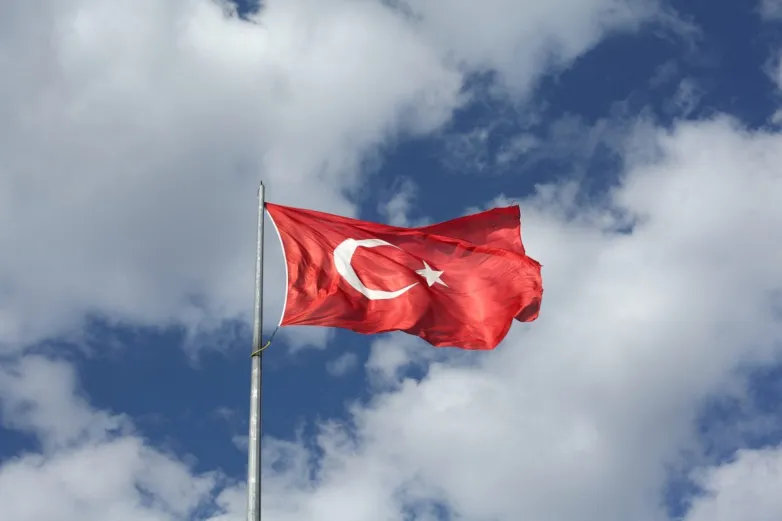Big money for Turkey’s 500 MW solar factory
Sep 6, 2019 01:17 PM ET
- With the Turkish government having given Kalyon Enerji another three years to build the 500 MW facility it won a tender to construct with former partner Hanwha Q Cells, Ankara has now committed a $333 million “super incentive” to the fab.

The Turkish government has announced it will subsidize a 500 MW vertically integrated solar module factory which construction company Kalyon Enerji won a tender to build in 2017.
The official journal of the Turkish government revealed Ankara will contribute a “super incentive” of TRL1.99 billion ($333 million) towards the scheme.
The factory contract was linked to a 1 GW solar project tendered through the YEKA renewables procurement scheme and the fab was originally set to be deployed near the city of Konya, in southwestern Turkey.
Eren Engur, managing partner at Turkish consultancy Icarus Energy, told pv magazine the government incentive will be paid to Kalyon Enerji once it has finalized construction of the factory and put it into operation. Ankara in July gave the construction firm another 36 months to develop the problematic factory.
Fiscal breaks and other incentives
Kalyon Enerji saw its partner in the factory project, Korea-based solar module manufacturer Hanwha Q Cells, abandon the plan last year and has been seeking another partner. Engur said that search has turned up no takers and added: “Maybe they won’t be needing a partner to start.”
The factory will be exempted from customs tax and VAT and will secure a repayment of the latter as well as other fiscal breaks and employee incentives including health insurance premiums and support for qualified personnel.
Kalyon Enerji and Hanwha Q Cells secured the tender to build a 1 GW solar plant in Konya – and the associated 500 MW module factory – after bidding $0.0699/kWh for the energy generated by the PV facility in March 2017. The partners pledged to get the vertically integrated module factory into production within 21 months and even hosted a groundbreaking ceremony in December 2017 that was attended by Turkish prime minister Binali Yildirim.
Factory moved
By that stage the project partners had announced the factory would be developed near Ankara, rather than at Konya due to logistics issues and earthquake concerns, and said production would start early this year.
In February, pv magazine learnt Hanwha Q Cells and Kalyon Enerji were seeking to end their partnership and negotiating divorce terms. A few weeks later the government approved the separation. Katherine Poseidon, policy analyst for Europe, the Middle East and Africa at BloombergNEF, said at the time that the split was a blow to the credibility of the YEKA mechanism. She believed Kalyon might be able to find a new partner.
In the second 1 GW YEKA tender – scrapped in January – local content requirements had been tightened with developers told to source at least 60% of their modules from Turkey. “The cancellation of the second YEKA tender for PV was not a major surprise as the first tender, held in 2017, had only attracted four bids,” Poseidon said in March.
Solar manufacturing dream
Turkey is seeking to become a Eurasian solar manufacturing hub but its efforts are being undermined by a difficult macroeconomic picture.
Domestic renewables developer Eko Yenilenebilir Enerjiler AS in March began construction of a 1 GW vertically integrated solar panel factory in Niğde, in central Anatolia.
Ankara will also contribute towards that facility, under its TRL4.2 billion Project Based Investment Incentive System, launched in August 2017. The factory will further expand module production capacity in a country which already hosts a 600 MW cell and module fab commissioned by Chinese group HT-SAAE at the beginning of 2017 and a facility belonging to Bulgarian renewables developer Smart Energy. The utilization capacity of Turkey’s operating module production lines, however, is not known.
Also read

